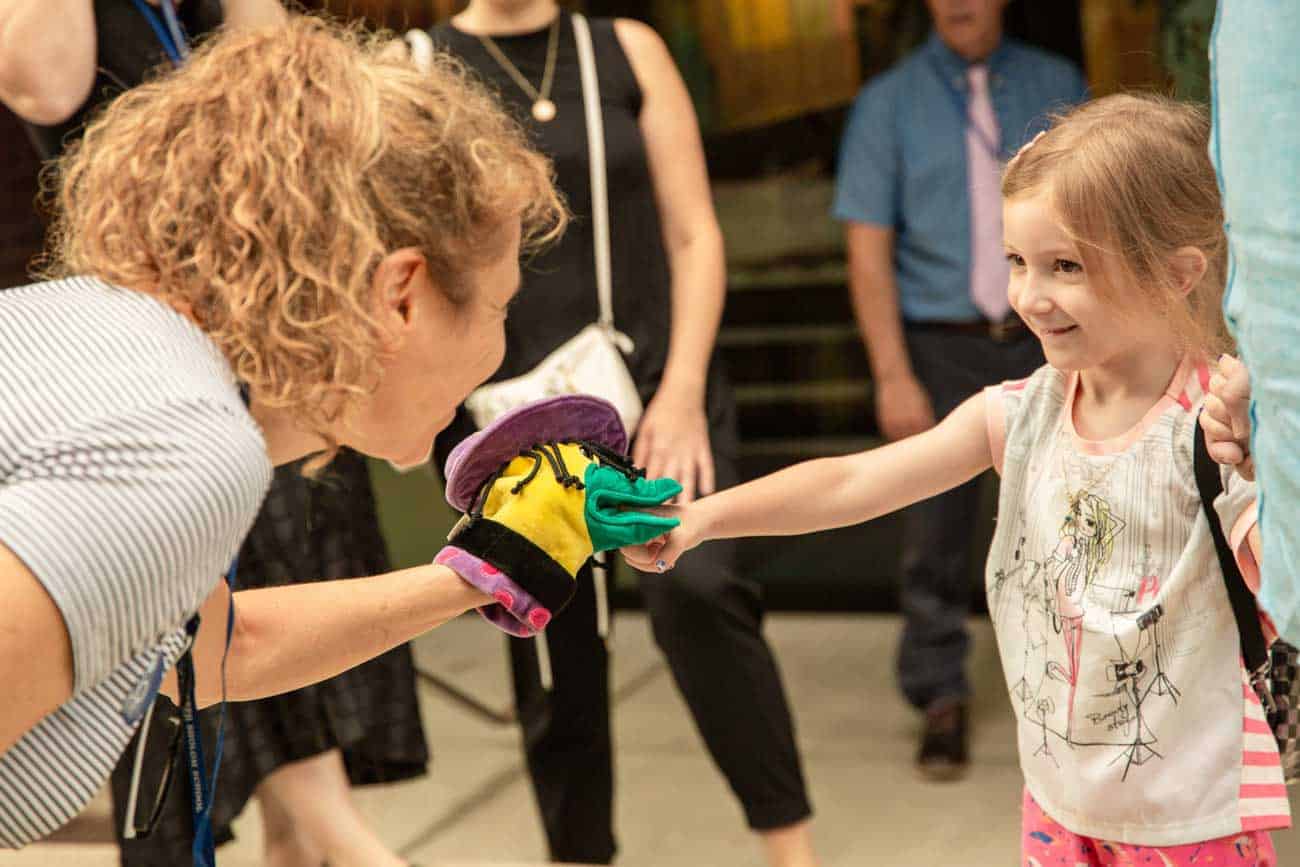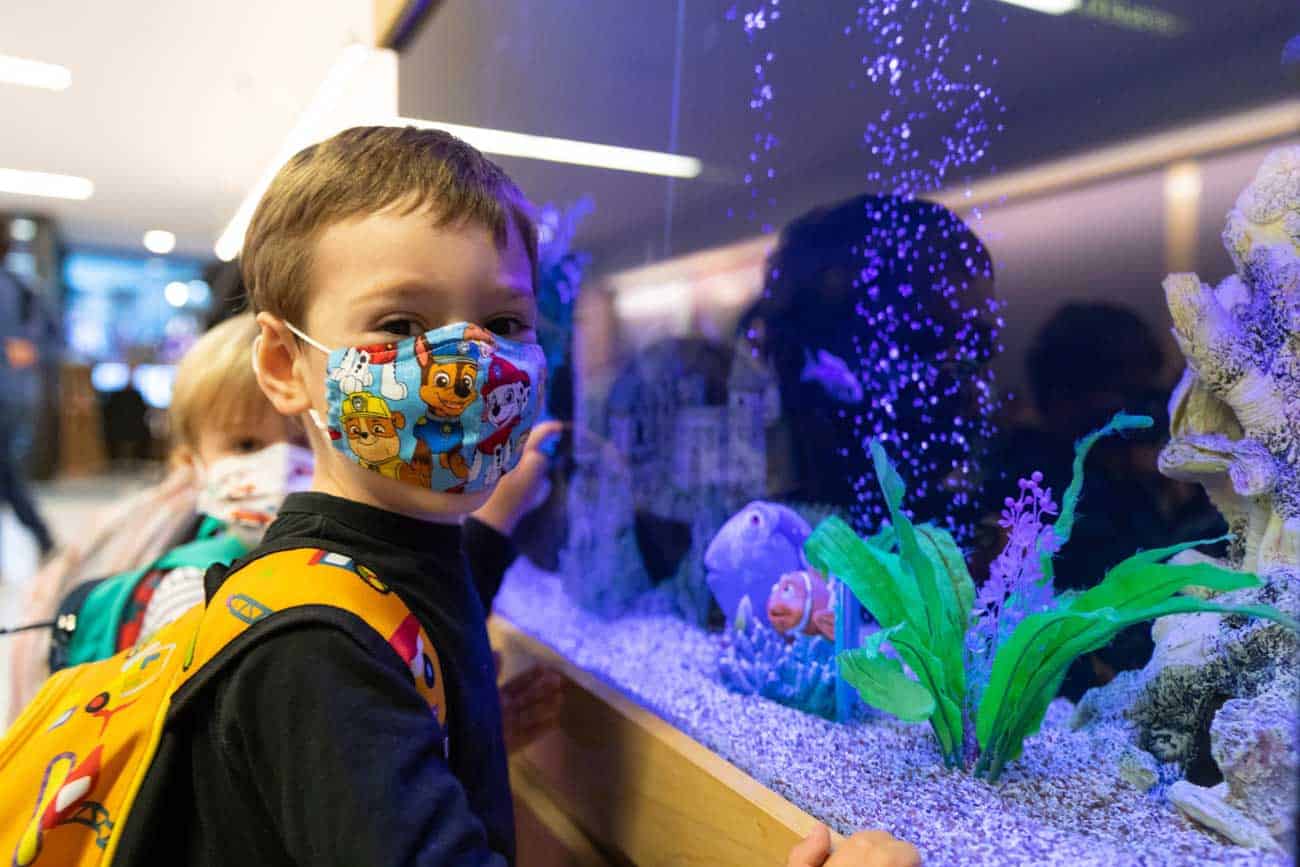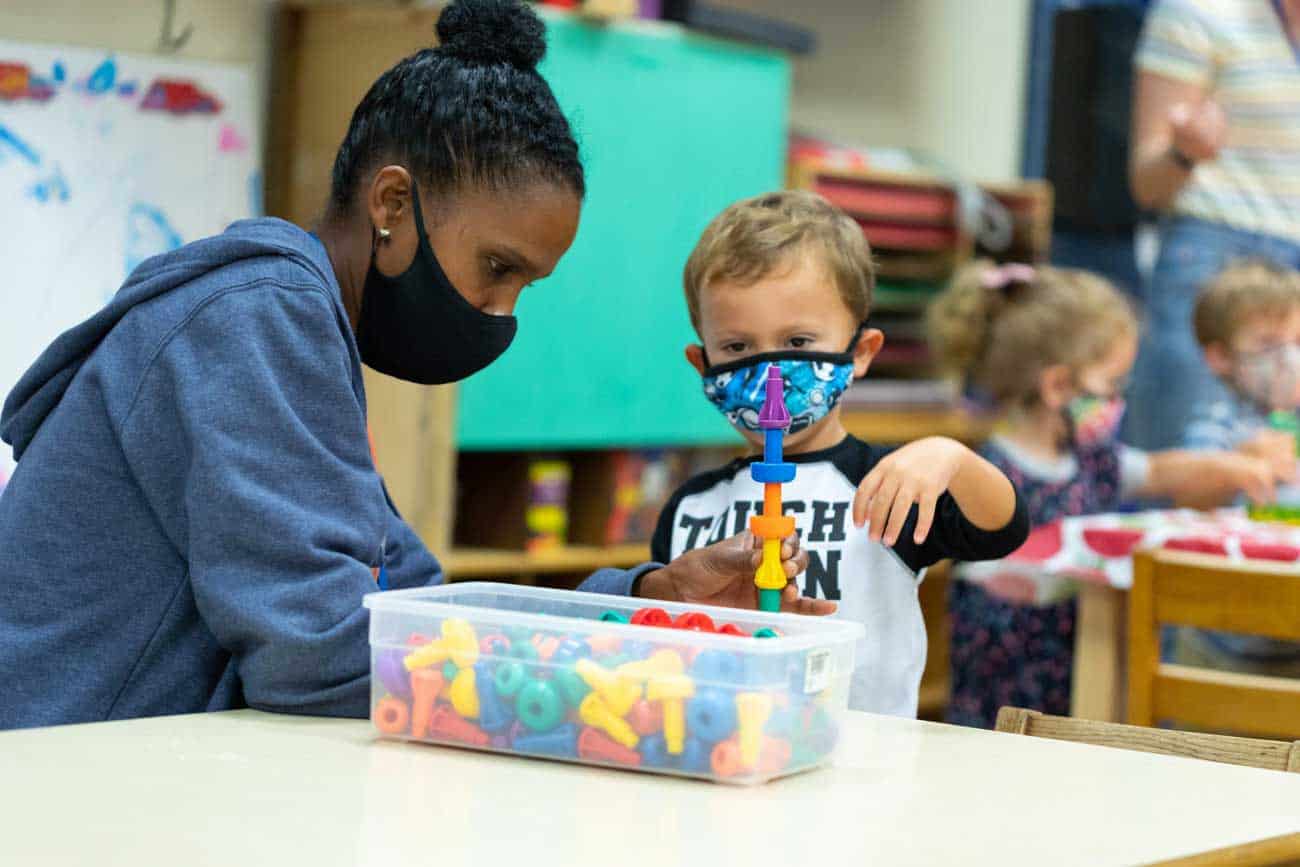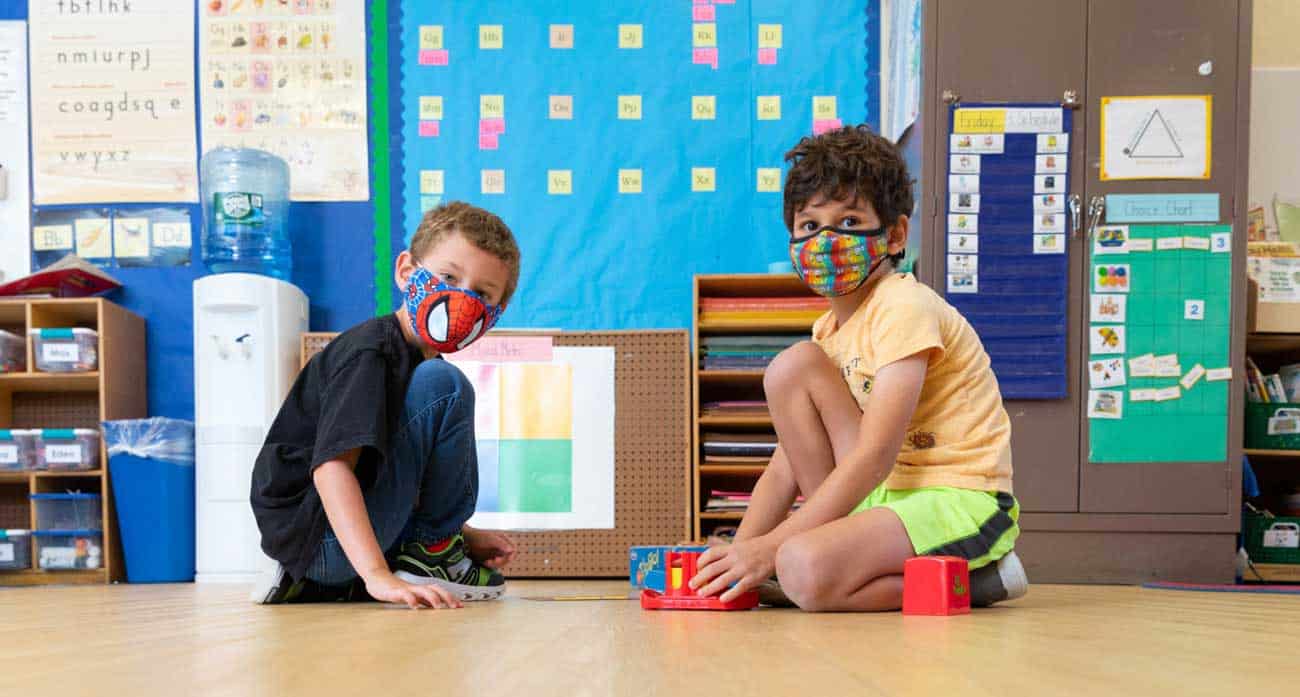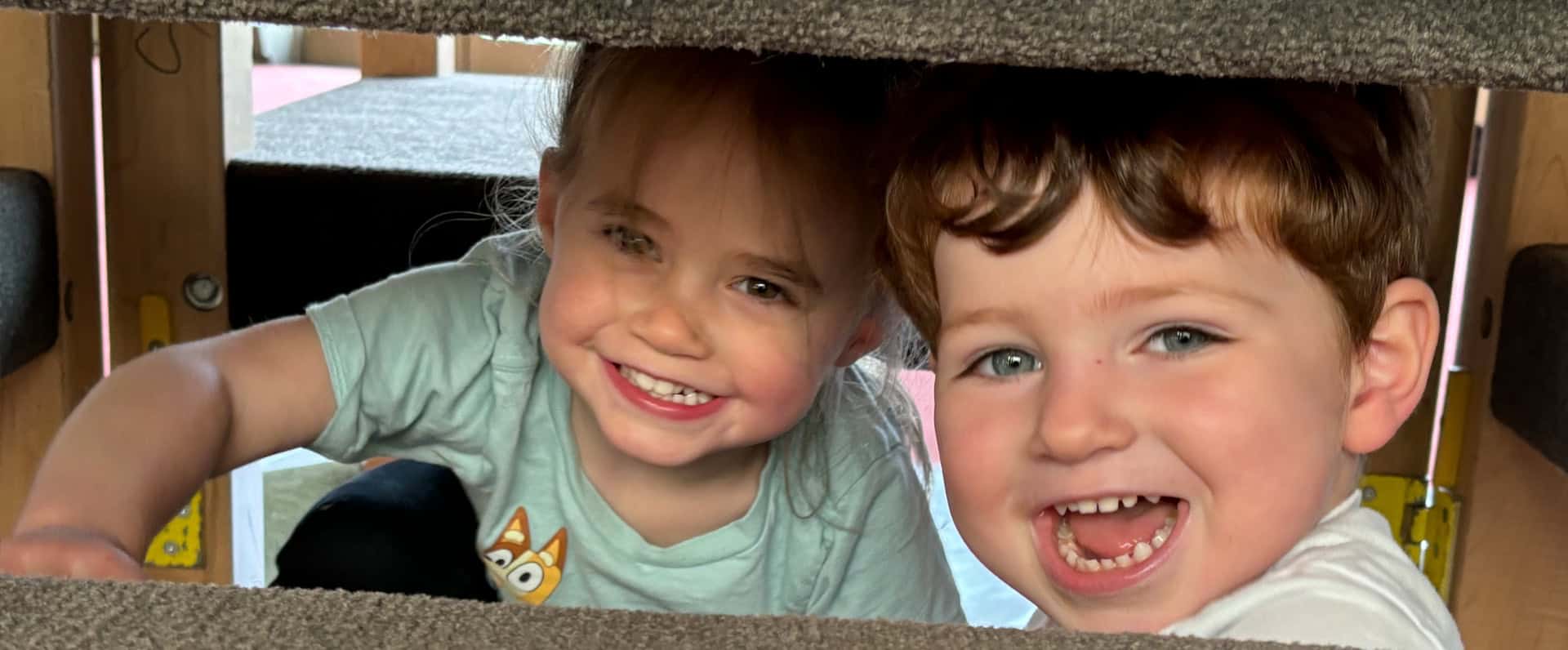
Early Childhood Division

Suzie Newman
Head of the Early Childhood Division
What a thrill it is to be part of a child’s first school experience! Here in the Early Childhood Division, we have the unique opportunity to introduce students to the joy of discovery, and the wonders of learning, and provide the formative experiences they will need to prepare for the academic rigor of the grades — all in the safe, nurturing, environment of Rodeph Sholom School. From the time they enter our program until the time they finish Kindergarten, we witness their tremendous growth and are privileged to see their unique personalities unfold.
In the Twos and Threes, students learn how to move through a school day, how to develop positive and satisfying relationships with others, and how to function within a group. They are also exposed to a wide range of learning materials and have myriad opportunities to explore and discover the world around them.
In Pre-Kindergarten this learning continues but with a focus on building a strong foundation for developing literacy, math, and critical thinking skills with the guidance of experienced educators.
By Kindergarten, students are actively utilizing their newfound skills in reading, writing, and mathematical thinking, and are beginning to make sense of the larger world through their daily interactions. Kindergarten students also meet regularly with specialty teachers where they focus on music, art, literature, Hebrew, and physical education.
Working with young children is never dull and every day brings new adventures. The love of learning (Limmud) that we strive to instill in each student is reciprocated through the joy that young children bring to school each day and we are honored to be able to play a part in guiding them into the world of knowledge.
Warmly,
Suzie Newman
Head of the Early Childhood Division
Rodeph Sholom School’s Early Childhood program stands on its own as one of the premier offerings in New York City. Housed in a dedicated building on West 84th Street, the program boasts a talented faculty of professional educators, play spaces that are designed specifically for young learners, a library, an art facility, and specialty teachers who enhance the experience.
Twos
Nursery classroom experiences provide students with a sense of comfort and competence. Teachers visit students at their homes before school begins. Children then phase into school gradually, attending in small groups and on a limited schedule initially. This process allows students to feel more secure about separating from familiar adults so they can do so successfully. Teachers create predictable classroom routines and schedules and can move easily through the daily schedule.
Distinct learning areas set up in the classroom allow children to see the choices available to them. The arrangement and storage of classroom materials help students choose activities throughout the day. Teachers work with students to develop the skills they need to be more independent in the comfort of a school setting. Simple skills, such as putting on their coats, washing hands, pouring juice, and throwing away trash, enable children to take increased responsibility for themselves.

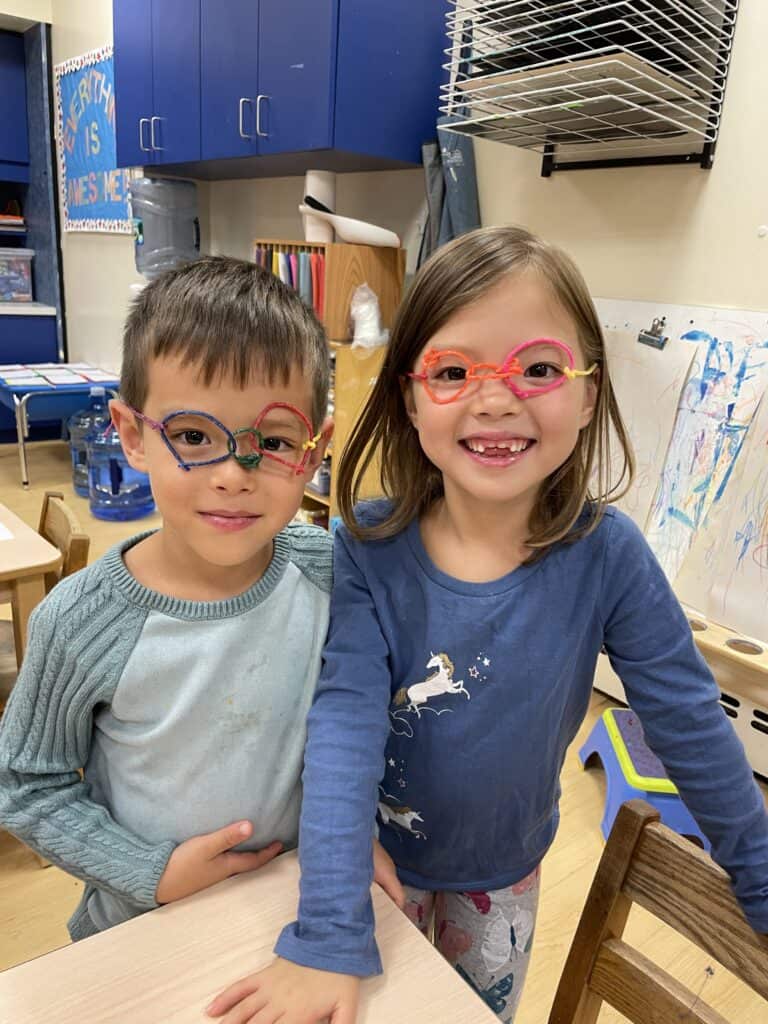
Threes
Nursery classroom experiences provide students with a sense of comfort and competence. Teachers visit students at their homes before school begins. Children then phase into school gradually, attending in small groups and on a limited schedule initially. This process allows students to feel more secure about separating from familiar adults so they can do so successfully. Teachers create predictable classroom routines and schedules and can move easily through the daily schedule. Distinct learning areas set up in the classroom allow children to see the choices available to them. The arrangement and storage of classroom materials encourage students to choose activities throughout the day. Teachers work with students to develop the skills they need to be more independent in the comfort of a school setting. Simple skills, such as putting on their coats, washing hands, pouring juice, and throwing away trash, enable children to take increased responsibility for themselves.
Pre-k
The structure of the Pre-Kindergarten day offers students gentle guidance in developing their relationships with others. Children develop self-confidence and independence as they separate from their caregivers. Each morning, students initiate social play through learning and work centers where children select what and with whom they will play. Their interactions with adults and peers grow positively as they learn to modulate their words to communicate wants, needs, or ideas. During the year, children learn to recognize themselves as part of a group. Pre-Kindergarteners follow well-established class routines and learn the boundaries of classroom life. They internalize school rules, learn to play safely, share, compromise with others, develop leadership skills, and enjoy independence within a supportive classroom and school environment.
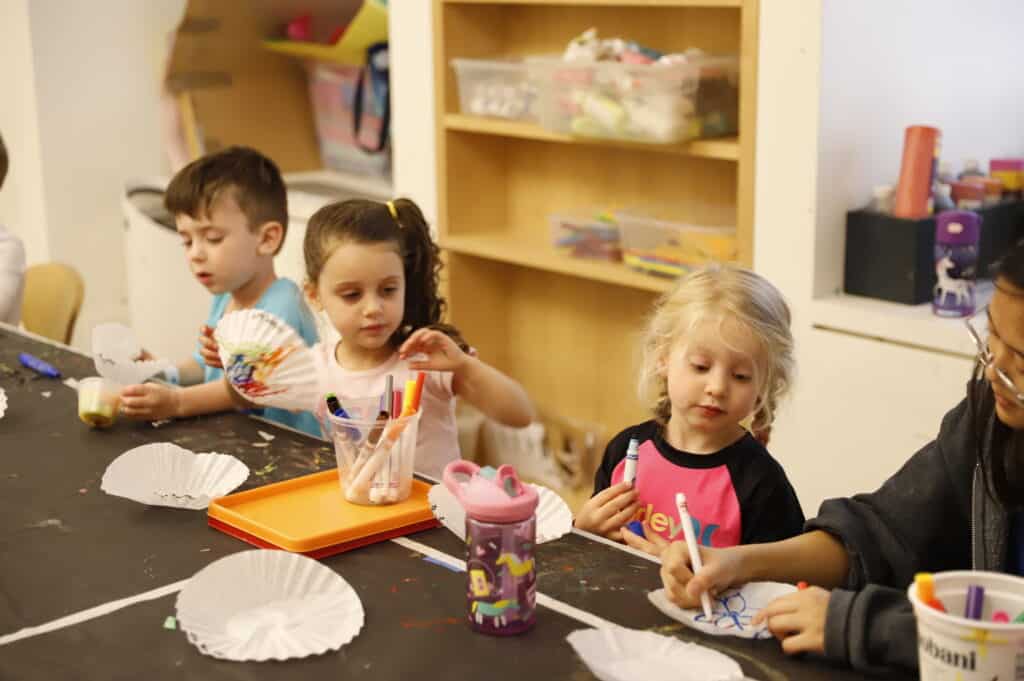
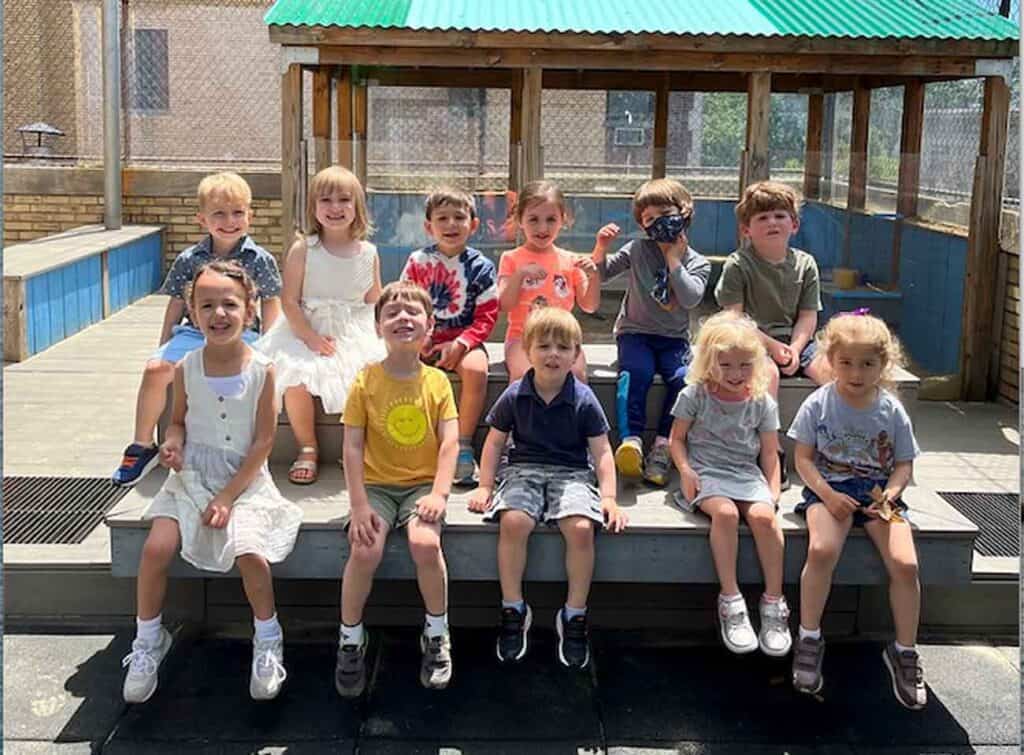
Kindergarten
Kindergarten students begin the year familiarizing themselves with each other, their new classroom, and their many new teachers by participating in cooperative activities. As the year progresses students focus on creating a classroom community where the members support each other through encouraging words and negotiate conflicts peaceably. Modeling and role-playing activities aid in the development of a classroom conscience. Children learn to demonstrate confidence, value friendship, work cooperatively in small groups, develop leadership skills, and enjoy independence with the support of the classroom and school environment.

